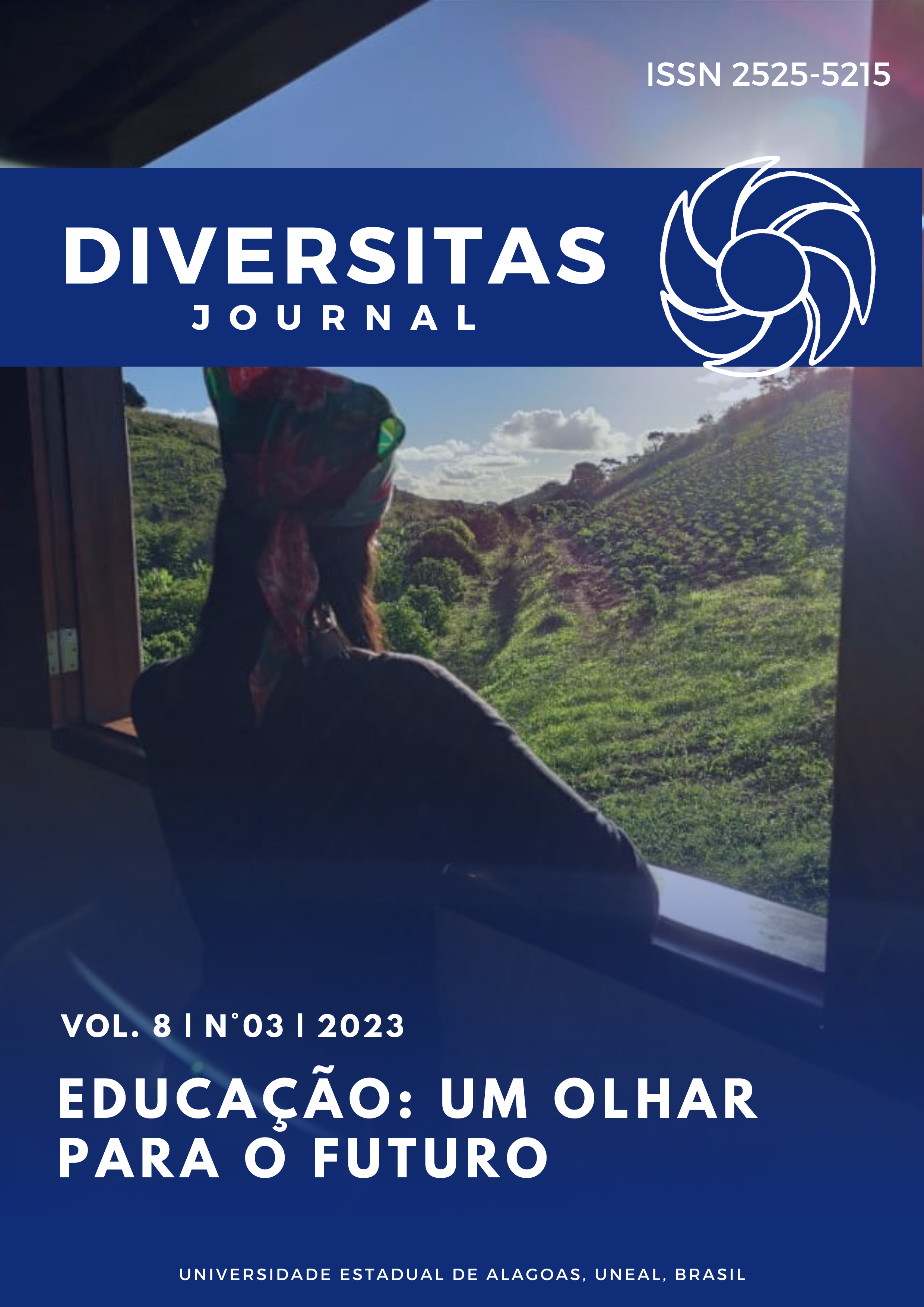Youth in Nation-Building
A Qualitative Study on National and Local Participation in Socio-Political Issues among Students
DOI:
https://doi.org/10.48017/dj.v8i3.2675Keywords:
Civic Engagement, Nation-Building, Socio-Political Issues, Volunteerism, Youth ParticipationAbstract
Youth participation in socio-political issues in this modern time is gradually rising, and the effects of it on nation-building are well observed, especially when it comes to change and progress. The main objectives of this study are to identify the instances where the students participate, to determine how students get involved, to understand the driving force of youth participating, to understand the experience/s of the students, and to determine possible causes why youth do not participate in national and local socio-political issues. Through the use of key informant interviews and focused group discussions, the researchers found that participants have engaged and participated in different socio-political issues on a national or local scale, such as civic engagement, volunteerism, policy-making, joining the labor sector, safeguarding and preserving national sovereignty, information drive to combat cultural discrimination and misinformation, and such. It was also discovered that a preference for social media and conventional methods were used by participants in their participation, depending on their target audience and the specific area where they would take part. Furthermore, it was unveiled that disinterest in youth, lack of encouragement coming from the community leaders, and lack of ways to empower youth due to lack of platforms are reasons youth do not participate in socio-political activities. Lastly, this study found that participants are eager to participate to obtain self-awareness and knowledge. And the support from the government and different institutions is needed in order to increase the awareness of the youth when it comes to socio-political issues.
Metrics
References
Ace. (2022). The Electoral Knowledge Network. Youth participation in the political process. Retrieved from https://aceproject.org/ace-en/topics/yt/yt10/yt210/the-importance-of-youth-participation-in-formal-political-process
Amnesty International. (2022). Indigenous Peoples: Overview. https://www.amnesty.org/en/what-we do/indigenous-peoples/
Branson, C., et.al. (2015). Middle leadership in higher education: A relational analysis. Educational Management Administration & Leadership, 44 (1), 1-18. https://doi:10.1177/1741143214558575
Dioso, M. (2019). Political awareness and participation of Public Administration students of Occidental Mindoro State College. SSRN Electronic Journal. https://doi.org/10.2139/ssrn.3702100
Gonzales, C. (2019, May 30). PNP records 22 cases of cyberbullying since 2017. INQUIRER.net. Retrieved October 21, 2022, from https://newsinfo.inquirer.net/1125015/pnp-records-22-cases-of-cyberbullying-since-2017
Hernández-Torrano, D., et.al. (2020). Mental health and well-being of university students: A Bibliometric mapping of the literature. Frontiers in Psychology, 11. https://doi.org/10.3389/fpsyg.2020.01226
Johari, M. (2021). Development of patriotism among multiethnic youths at commemorative heroic site. International Journal of Academic Research in Business and Social Sciences, 11(9). https://doi.org/10.6007/ijarbss/v11-i9/10763
NBCI Trust. (n.d.). National Black Information Trust. Cultural Misinformation and Disinformation. https://nbcit.org/cultural-misinformation-and-disinformation/
Onda, J. (2018, April 20). A review on the political awareness of senior high school students of St. Paul University Manila. Academia.edu. Retrieved May 17, 2022, from https://www.academia.edu/36450710/
The United Nations. (n.d.). Youth, Governance and Participation – Major issues. United Nations Youth. https://www.un.org/esa/socdev/documents/youth/fact-sheets/youth-political-participation.
Tsekoura, M. (2019, January). Debates on youth participation: From citizens in preparation to active social agents. Revista Katálysis. Retrieved October 15, 2022, from https://www.scielo.br/j/rk/a/qjDmgTPMBKN9DqDHQkhwpkw/?lang=en
Tzankova, I. & Cicognani, E. (2019). Youth participation in psychological literature: A semantic analysis of scholarly publications in the psycinfo database. Europe’s Journal of Psychology, 15(2), 276–291. https://doi.org/10.5964/ejop.v15i2.1647
United Nations. (2018, June 5). Beyond 2030: Youth Taking Charge of the Environment | Youth Flash Newsletter. Retrieved October 18, 2022, from https://www.un.org/development/desa/youth flash/feature/2018/06/beyond-2030-youth-taking-charge-of-the-environment/
United Nations. (2020, April 27). Security Council Open VTC Towards the 5th Anniversary of the Youth, Peace and Security Agenda: Accelerating Implementation of Resolutions 2250 and 2419 | Philippines. UN.int. https://www.un.int/philippines/statements_speeches/security-council-open-vtc-towards-5th-anniversary-youth-peace-and-security
United Nations. (n.d.). Chapter 5. Youth & the Environment [Online]. In Youth Environment (pp. 131–135). https://www.un.org/esa/socdev/unyin/documents/ch05.pdf
Verba, S. (2015). Reflections on “The Civic Culture” and “The Civic Culture Transformed” [Review of The Civic Culture Transformed: From Allegiant to Assertive Citizens, by R. J. Dalton & C. Welzel]. Perspectives on Politics, 13(4), 1084–1086. http://www.jstor.org/stable/43866818
Downloads
Published
How to Cite
Issue
Section
License
Copyright (c) 2023 Ghea Lennette Calawa, Earl Jhoen Decuzar, Dean Genesis Terrible, Vina Mae Alubong

This work is licensed under a Creative Commons Attribution 4.0 International License.
The Diversitas Journal expresses that the articles are the sole responsibility of the Authors, who are familiar with Brazilian and international legislation.
Articles are peer-reviewed and care should be taken to warn of the possible incidence of plagiarism. However, plagiarism is an indisputable action by the authors.
The violation of copyright is a crime, provided for in article 184 of the Brazilian Penal Code: “Art. 184 Violating copyright and related rights: Penalty - detention, from 3 (three) months to 1 (one) year, or fine. § 1 If the violation consists of total or partial reproduction, for the purpose of direct or indirect profit, by any means or process, of intellectual work, interpretation, performance or phonogram, without the express authorization of the author, the performer, the producer , as the case may be, or whoever represents them: Penalty - imprisonment, from 2 (two) to 4 (four) years, and a fine. ”


















